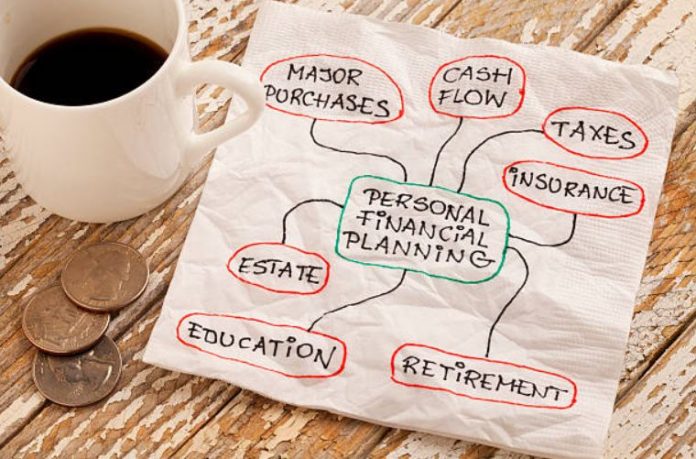Get Started in Personal Finance Planning
Just leaf through the pages of the financial advice pages of your favorite magazine and you will come across many such queries: “I am in the wrong side of the thirties and have to maintain a family of five.
Due to some career switch, my family has been going through an inconsistent flow of cash. Even then I realized the importance of some kind of financial planning to meet with the expenses of the future. Do you think at this stage of my life I can begin with an effective financial plan?”
If I were a part of the advisory group, my answer would have been a big yes. It is never too early or too late to begin with your personal financial planning.
Even in the late thirties, it is not impossible to correct erratic personal finance. A little discretion and a little research can brighten up your financial future to a considerable extent.
At the core, an effective personal finance plan involves some analytical skills on your part. You have to make an unbiased analysis of your present financial conditions.
At the same time, you also have to take into consideration the financial responsibilities you are likely to carry on your shoulder in the future.
For instance, you have to think of the higher education of your children or building up the funds for retirement.
You can develop a financial plan only after you have calculated your present financial commitments and future ones. And after you have worked it out, it will be easier for you to strike a realistic financial plan.
One important aspect of getting success with your personal financial planning is to stick to your plan. For that you have to strictly monitor the process of coming and going of your money.
It is not impossible to achieve your financial goals if you keep a tab on your earnings, as well as, spending performances and bring in changes from time-to-time to meet with the demands of the situations.
So it is important to chalk out a financial plan that is practical and workable. A scholarly, elaborate plan will help you to reach nowhere; only it will demotivate you into the realization of your goals.
So make a simple practical plan and take small steps towards the big goal. It is not possible for anybody to accomplish a big deal in one great leap.
The first of all your small steps is making an evaluation of your current financial position. Analyze all the possible sources of your monthly income.
Simultaneously, calculate the unavoidable expenditures that you have to make every month. If your income is higher than your expenditure, your task becomes easier; you have to utilize this extra by putting it in some kind of savings scheme.
As for the other case, the expenditure surpasses your income, you have to find out some ways of cutting on the spending.
The next step of personal financial planning is to calculate your net financial worth, that is the difference between the assets you posses and the liabilities you are committed to.
In the case of negative net worth, you have to add to your assets by reducing debt and increasing asset values like buying a home, savings accounts, IRAs, and so on.
The next step involves subscribing to the risk management programs like life, health and other insurances and making legal arrangements for your finance to be taken care of in case of premature death or any kind of disabilities.
In this stage, you also have to create an emergency fund to deal with the unpredictable future.
The final step involves planning for long-term financial goals such as retirement income, savings or children’s higher education.
If the planning process seems to be too difficult, take the help of a professional financial planner to help you to strike a realistic personal financial plan.

